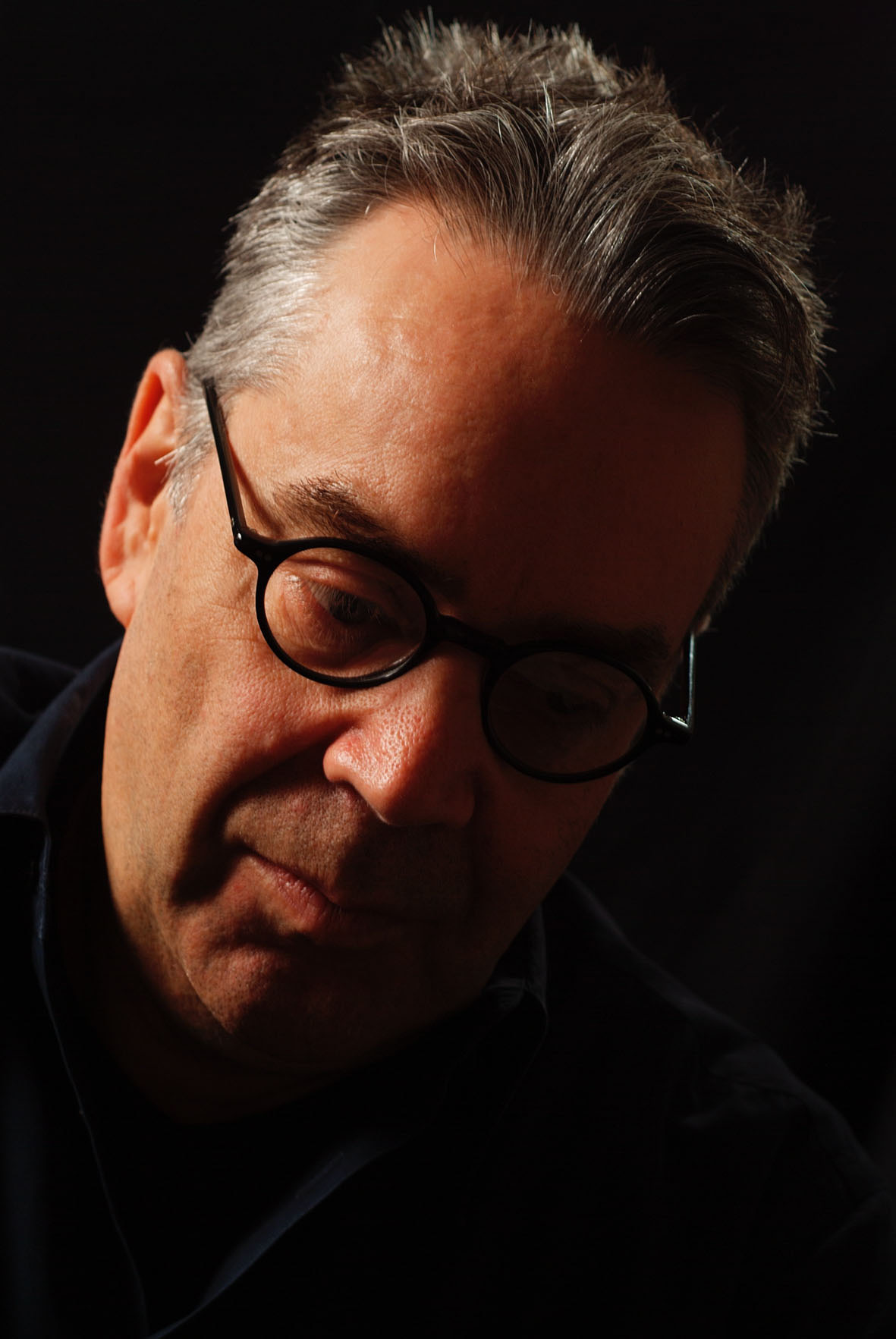SOFT-SPOKEN HOWARD SHORE (b. Oct. 18, 1946 in Toronto) has taken his place among the all-time great film composers. Though his 30-plus-year collaboration with director and fellow Torontonian David Cronenberg established his creative versatility, it was his work for director Peter Jackson on The Lord of the Rings trilogy that brought Shore his first Oscar honours, including two U.S. Academy Awards for best original score (2001, 2003) and a third for best original song (2003). The notes that follow are my capsule reactions to seven soundtrack CDs released during the 1990s that featured Shore scores.
THE CLIENT (Elektra; 1994) — To put just the right amount of darkness into his John Grisham adaptation, director Joel Schumacher called upon David Cronenberg's regular collaborator. Hints of Bach come together with a sincere, frontage-road gospel twang in the Toronto-born composer's score. Shore's music subtly clarifies the social distinctions at the heart of this class-conscious thriller. * * * *
NAKED LUNCH (Milan; 1994) — David Cronenberg's musical alter ego Howard Shore reimagines 1953 as a junkie artist's fever dream. To provide an aural environment for the director's adaptation of William S. Burroughs‘s "unfilmable" novel, the Toronto-born composer collaborated with jazzman Ornette Coleman on a "harmolodic" score. A free-floating period hallucination, it's uncut bugpowder suitable for the wee small hours. * * *
ED WOOD (Hollywood; 1995) — From one of the year's best films comes one gem of a soundtrack CD. Matching director Tim Burton's wide-eyed-in-Babylon mood with a tastefully tacky exuberance of his own, Howard Shore renders unto Wood and company the professional courtesy of a larger-than-life homage. The composer turns 1950s kitsch into 1990s pop art. * * * * *
NOBODY'S FOOL (Milan; 1995) — Set in a Norman Rockwellian town gone to seed, director Robert Benton's family values drama is well-supported by composer Howard (Places in the Heart) Shore's musical snow sculptures. A cheeky homage to Bernard Herrmann's classic Magnificent Ambersons score, it avoids orchestral bathos to hint at the humour in this self-consciously worthy feature. * * *
WHITE MAN'S BURDEN (TAG; 1995) — To represent the inner-city musical tastes of white-ghetto dwellers in writer-director Desmond Nakano‘s alternate universe fantasy, Howard (The Fly) Shore's score adopts the mission-from-God intensity and musical style of the Blues Brothers. Eight alternative pop songs, including contributions from Meat Puppets, Cracker and Hootie & The Blowfish, contribute to a mood less of rage than of gormless irritation. * *
CRASH (Milan; 1996) — To mirror the emotional isolation of author J.G. Ballard's death-obsessed characters, Howard (Naked Lunch) Shore invents his own melodic-metallic minimalism. Here the Toronto-born composer uses a 14-piece group that includes six electric guitars. Elements of his score were recorded separately, layered and technically manipulated to produce the out-of-body biorhythms at the core of director David (Videodrome) Cronenberg's auto-erotic nightmare. * * * *
COP LAND (Milan; 1997) — A composer who enters the inner life of a movie's characters, Howard (M. Butterfly) Shore seized upon the fact that writer/director James Mangold's troubled hero, played by Sylvester Stallone, is a half-deaf suburban sheriff. Shore combines his emotions with the affliction to produce a percussive musical work full of whispers, echoes and hints of threatening movement at its edges. Recorded in a London church, it is a brilliant and original exercise in sub-sonic scoring. * * * *
The above are restored versions of a number of Province capsule reviews by Michael Walsh originally published between 1994 and 1997. For additional information on this archived material, please visit my FAQ.
More music: You might also enjoy reading JOHN WILLIAMS (eleven scores).
Wood work to auto-erotica
Notes on seven scores by Howard Shore
Published: Jul 17 2013, 12:29:pm
